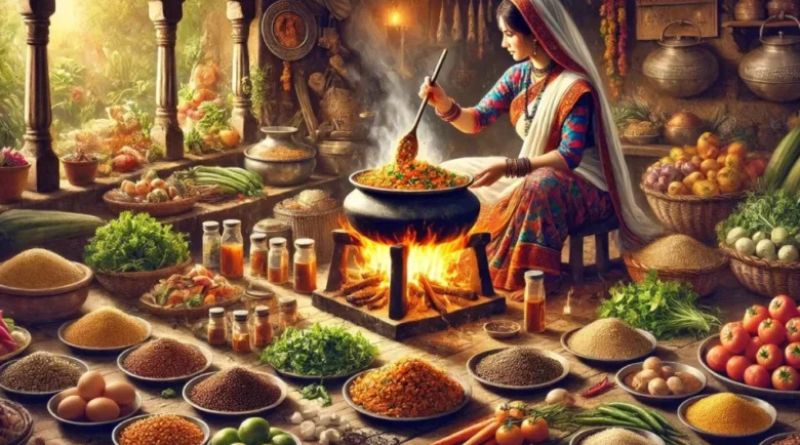Introduction
The term “Agrawau” may be unfamiliar to many, but it holds significance within specific communities and traditions. To understand “Agrawau,” it is essential to delve into its cultural, historical, and possibly linguistic roots. This article explores what “Agrawau” represents, its background, and its role in the communities or practices it pertains to.
Table of Contents
Understanding Agrawau
While the exact meaning and usage of “Agrawau” may vary, the term may be associated with the Agrawal community—a prominent merchant and business-oriented community in India. The Agrawal community, historically known for trade and entrepreneurship, is thought to be linked to the ancient kingdom of Agroha, a city that was known as a center of commerce in northern India.
The Agrawal community has a rich cultural heritage with deep roots in Hindu traditions. Today, the community is widely dispersed and found across India and globally, yet they continue to maintain cultural ties, family networks, and traditional practices that honor their heritage.
Possible Interpretations and Cultural Role
“Agrawau” may refer to cultural concepts, values, or heritage within the Agrawal community. Here are some possibilities that give insight into the significance of this term:
- Historical Heritage
The term may relate to the ancient city of Agroha, which is believed to be the homeland of the Agrawal community. Agroha’s historical importance as a center of trade and its strategic position in ancient India made it a significant hub in its time. - Cultural Identity
For the Agrawal community, cultural identity is often celebrated through customs, language, and festivals. “Agrawau” might represent an aspect of this collective identity, reflecting values such as loyalty to community, reverence for family traditions, and respect for business ethics. - Shared Values and Principles
The Agrawal community is known for placing high importance on education, entrepreneurship, and self-reliance. “Agrawau” may signify an embrace of these values, reinforcing the community’s dedication to hard work, integrity, and prosperity. - Religious Practices
The Agrawal community traditionally worships Lakshmi, the Hindu goddess of wealth, as well as Agrasen Maharaj, the revered king and founder of Agroha. “Agrawau” may reference practices, rituals, or spiritual observances connected with these figures, emphasizing their role in the community’s history and beliefs.
Agrawal Culture Today
The Agrawal community continues to thrive, adapting to modern contexts while preserving its cultural roots. Festivals, family gatherings, and community functions often celebrate their heritage, including weddings and religious ceremonies that incorporate traditional Agrawal customs. As part of the global diaspora, the community actively supports cultural organizations and contributes to the promotion of education, charitable activities, and business ethics.
In many ways, the Agrawal community exemplifies adaptability, having successfully preserved its cultural values while navigating the globalized world. The community’s emphasis on entrepreneurship and business acumen remains strong, with many Agrawals excelling in various industries, including commerce, technology, finance, and more.
FAQs about Agrawau
1. What is the meaning of Agrawau?
The term “Agrawau” may represent concepts, values, or aspects of cultural heritage associated with the Agrawal community. While it lacks a specific, universal meaning, it likely relates to identity, tradition, and heritage.
2. Is Agrawau a place or an event?
There is no definitive answer, but Agrawau could be associated with the ancient city of Agroha, which is historically significant to the Agrawal community.
3. How is Agrawau celebrated within the community?
If Agrawau represents cultural values or heritage, it would be celebrated through community festivals, traditional practices, and family customs, particularly those that honor the community’s historical and spiritual roots.
4. Are there specific rituals connected to Agrawau?
The Agrawal community observes various rituals, including worship of Lakshmi and Agrasen Maharaj, especially during significant events and festivals. Specific details would vary by family and region.
5. How can one learn more about Agrawau and Agrawal culture?
Connecting with cultural organizations, reading literature about the Agrawal community, and participating in community events can provide greater insight into Agrawal traditions and values.
Conclusion
“Agrawau” may be best understood as a term that captures a blend of heritage, identity, and cultural pride within the Agrawal community. It speaks to the history, values, and collective memory of a community that has maintained its cultural legacy over centuries. Today, the Agrawal community continues to be a vibrant, resilient group with a global presence, honoring traditions and looking toward the future with a commitment to the values of integrity, community, and success.



